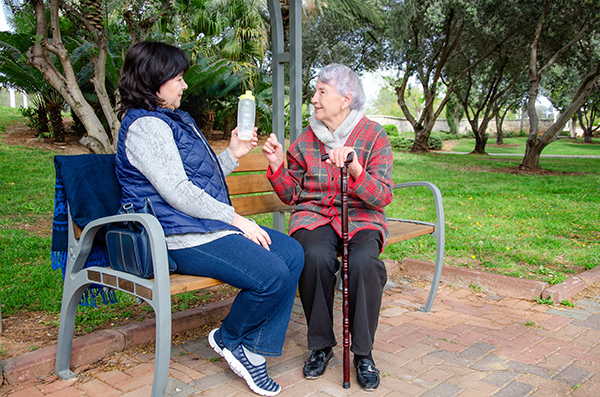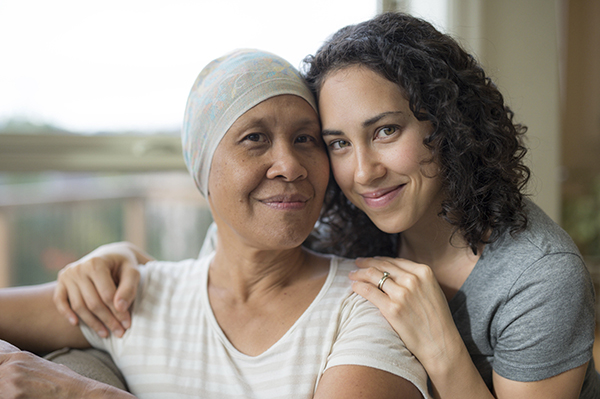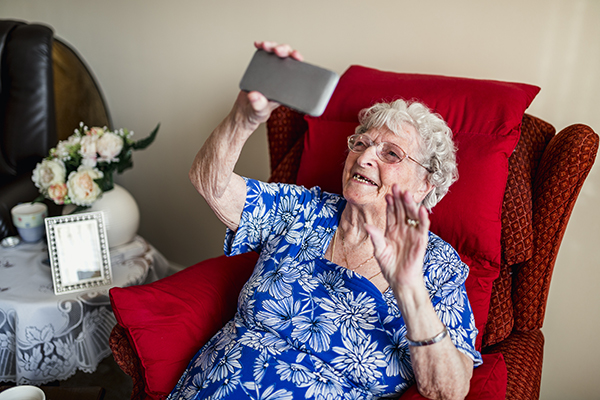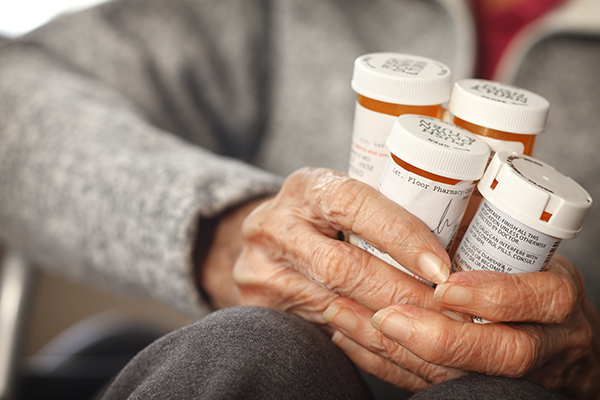Are you Experiencing Family Caregiver Depression?
There’s no question that it’s an incredible honor to care for people we love. Family caregivers experience a closeness and bond with those in their care that usually far outweighs the difficulties. However, there are challenges. A perpetual to-do list to be sure the senior loved one you’re providing care for is as happy and…










